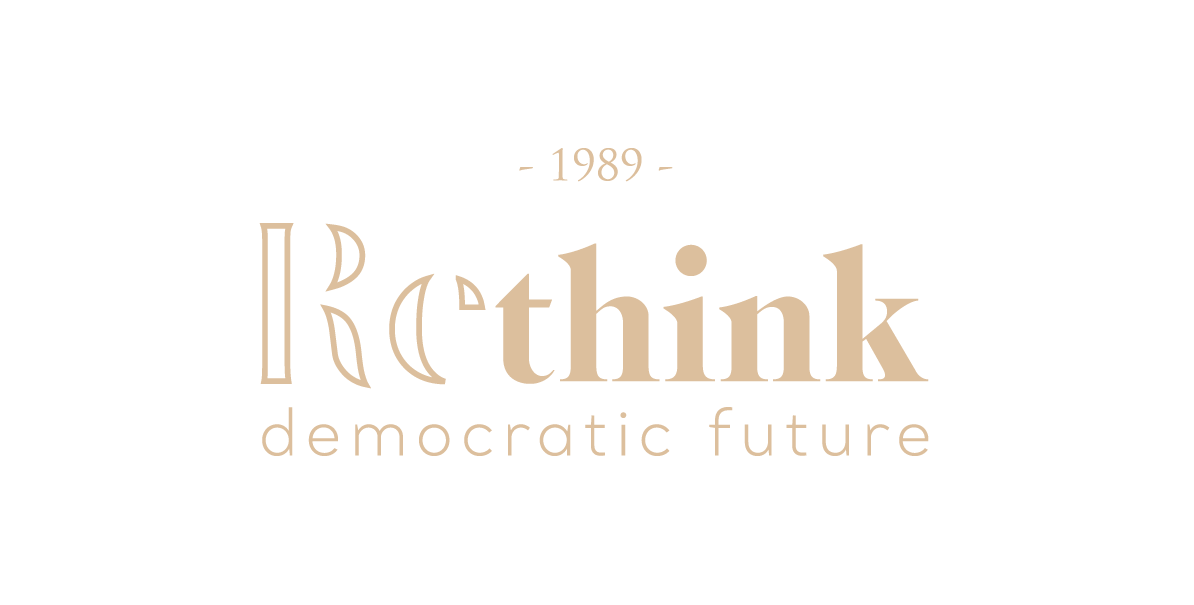One of the key takeaways of the project was the decisive role of
civil mobilisation and civil disobedience. Citizen capacity for meaningful participation in the
democratic process in many countries remains limited. Many self-organising
groups during the previous system – such as workers’ or ecology movements –
emerged in response to the inaction and ignorance of the state, and it was
natural that these groups of people stood in opposition to the government. In
contrast, in a democracy, we still need to learn to treat civil society as
equal partners in governance, not only as watchdogs of the government, picking
up the slack.
For the past few years, we have been
witnessing the reemergence of civilian mobilisation and civil disobedience in
response to the growing abuse of powers and corruption. The arrival of
tech-savvy generations poses new challenges to various tactics of civil power
and civil liberties, providing the much-needed hope for self-mobilising
citizens reassuming political power.
While 1989 can offer limited
lessons here, it does suggest the need for leadership that, beyond protests and
civil disobedience, would transform the demands of people into policies. This
means that the role of civil society is more important than ever, undertaking
the challenge of civil education and democratic participation.
Visegrad Insight’s original, interactive design thinking and
mind-mapping methods brought together a diverse group of independent and
distinguished voices in a scenario-building workshop which generated a number of recommendations that civil
society and decision-makers at the policy level should consider when
programming their activities.
First, civil society overall –
often captured by the anti-political sentiment – must reconsider its historical
path and ask itself whether democracy in 1989 would be possible if activists
decided to keep their distance from interacting with politicians and building
up non-partisan constituencies in support of the cause. Today, more often than
not, civil society hosts refugees from the awful world of politics. But the
political world ignores the considerations of those who do not speak up and
eventually tends to expand beyond what we recognise as legitimately democratic
limits of power. Civil society’s duty must be to keep this political expansion
in check and that often requires crossing set and seemingly-safe boundaries.
Throughout the meetings, we could
observe how important the role of memory about past democratic achievements is
in civil education, and that this education is not currently being delivered
nor is it building bridges between the past and future as it ought to. With
this in mind, a bold proposal emerged to redesign civil education from scratch
and initiate such programmes at the primary school level.
Obviously, civil society
organisations (CSOs) always look at practicalities and many voices raised the
need to adapt funding schemes from public resources. Activists pointed out
that, especially due to the pandemic, the needs for social projects are
dynamically changing and that mental health seems to be one of the future key
areas to work in.
Another strong voice that came from
the sector of CSOs concerned private donors, which not often enough encourage
collaborative funding schemes. The example of the Visegrad Fund and the
European Commission programming could significantly improve the situation by
encouraging to consolidate and coordinate many partners instead of inducing
them for fundraising rivalry.
Finally, we have to stress the
importance of the local community level and focus more attention on the trends
and ideas that shape our democracies from the bottom up. Just like democracy
needs the local press, it also needs local activism to keep delivering on its
promises of equal rights and individual freedoms.
Read more:
Visegrad Insight report
